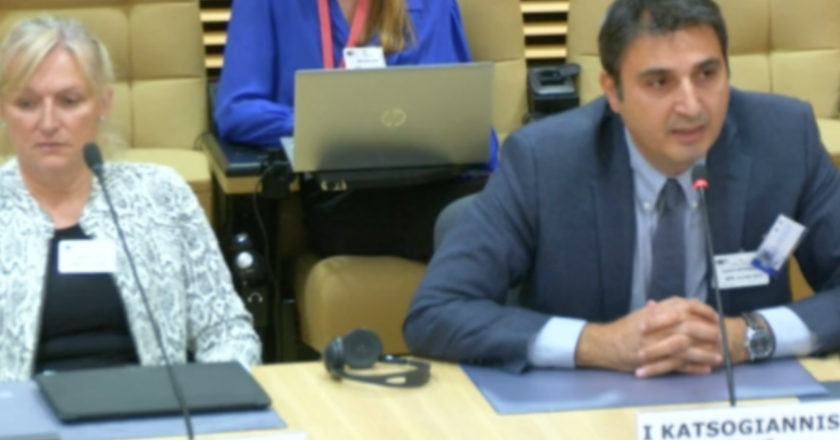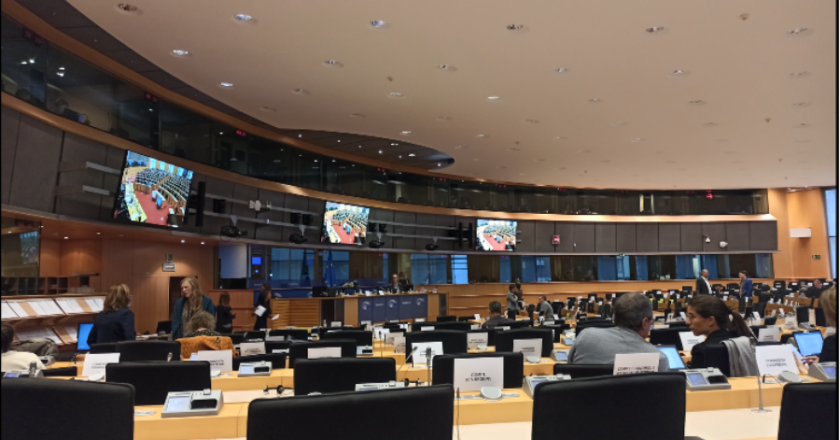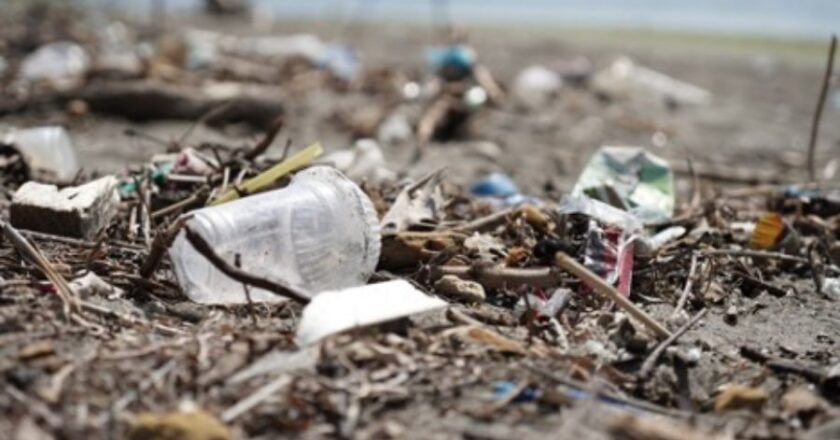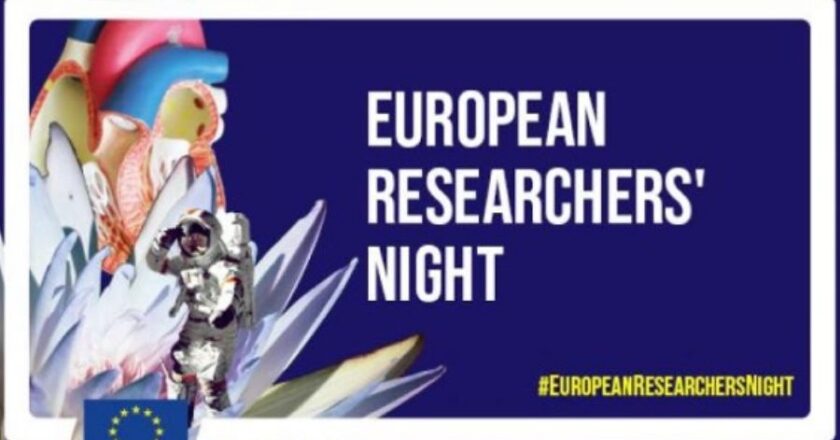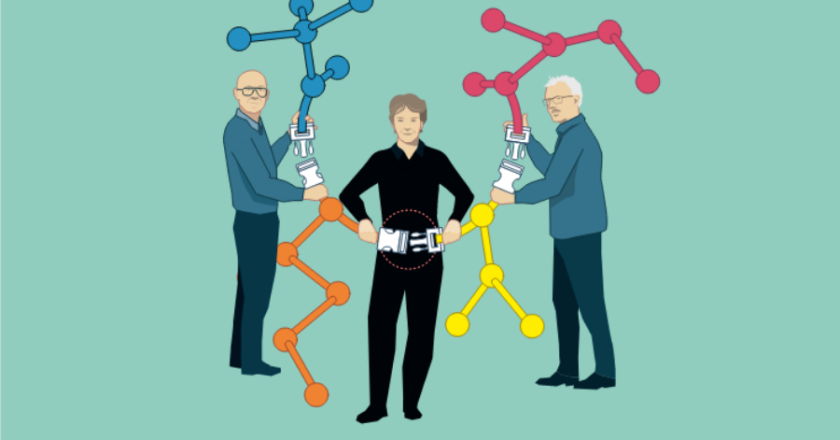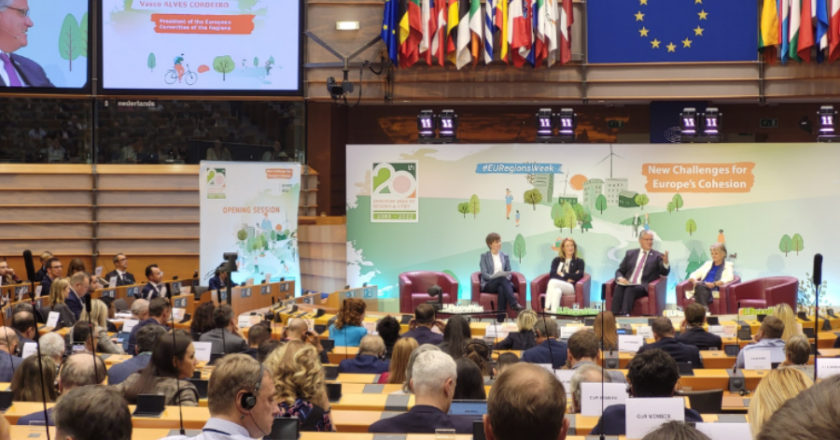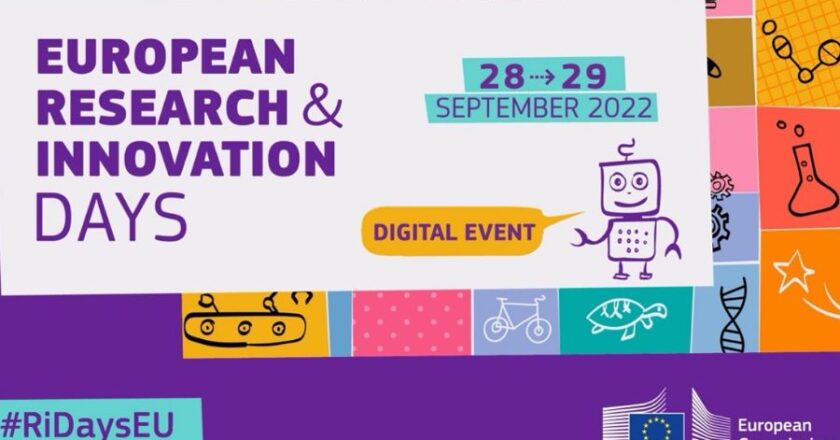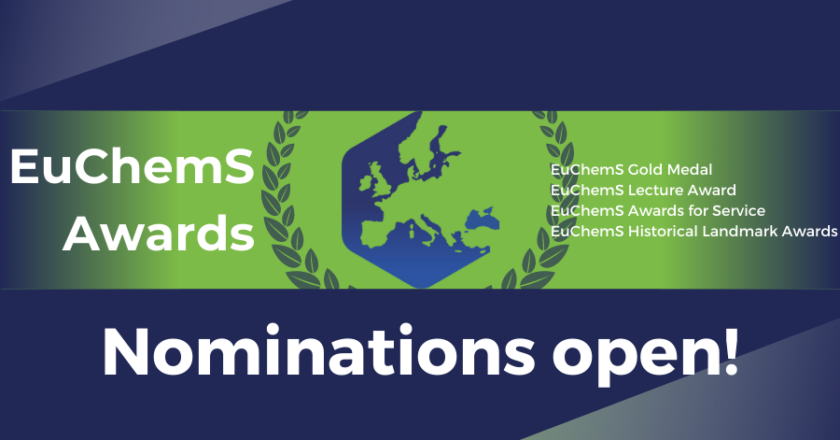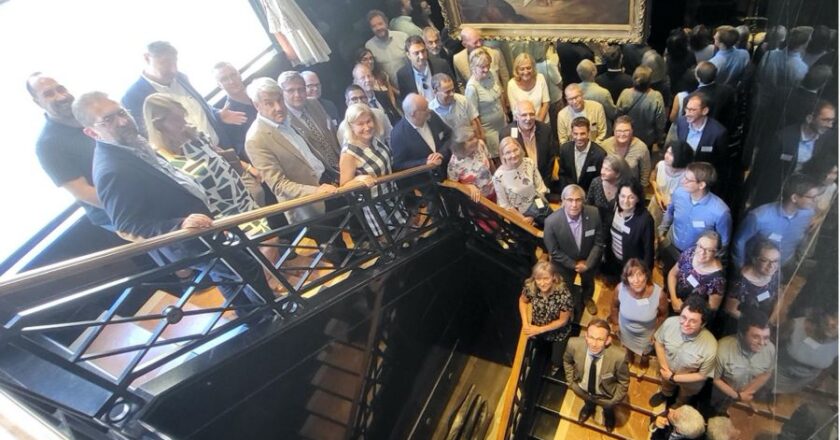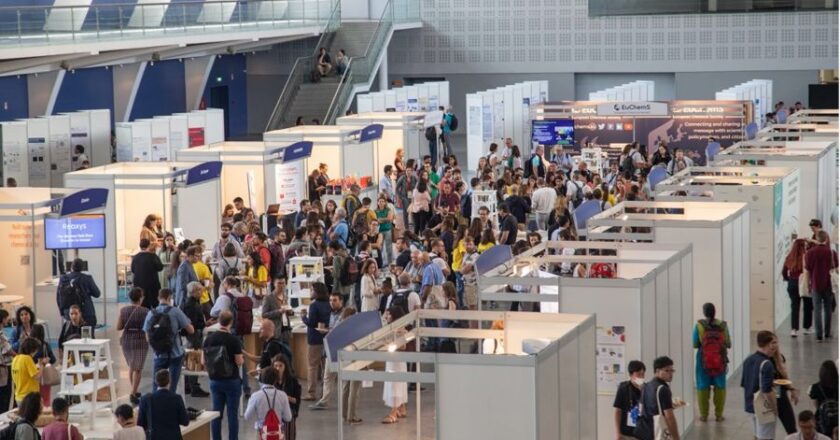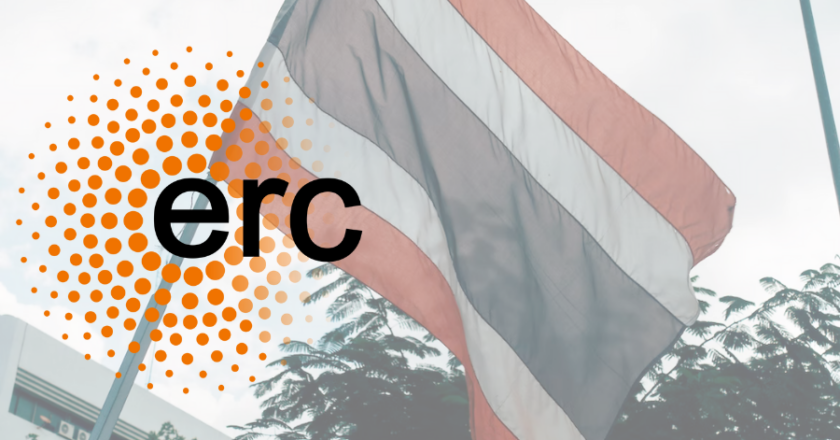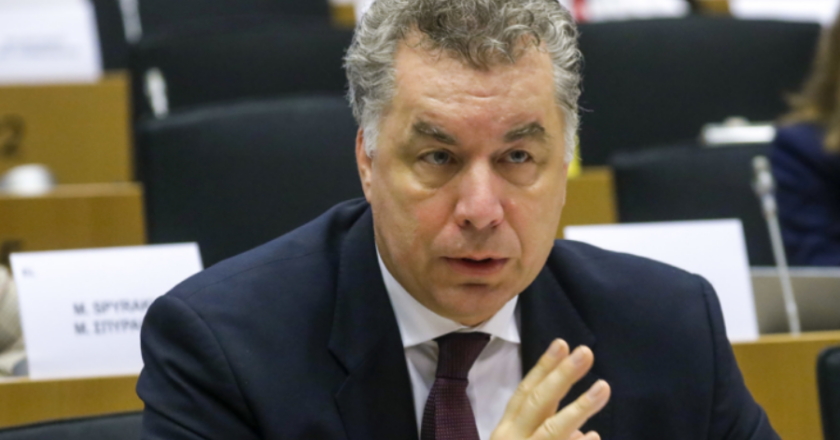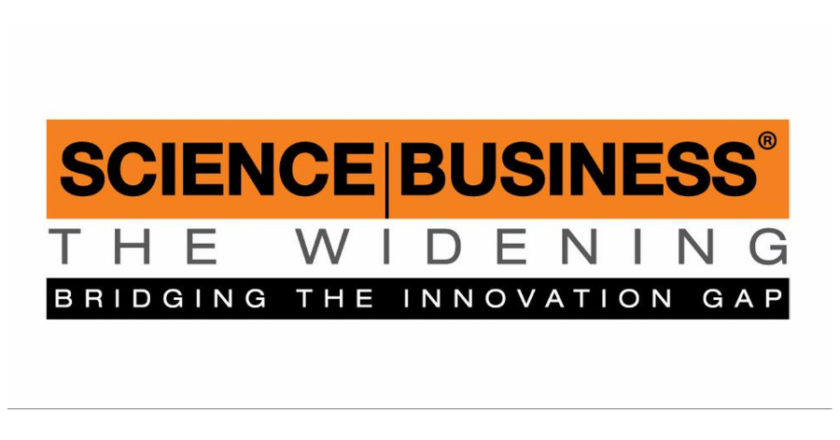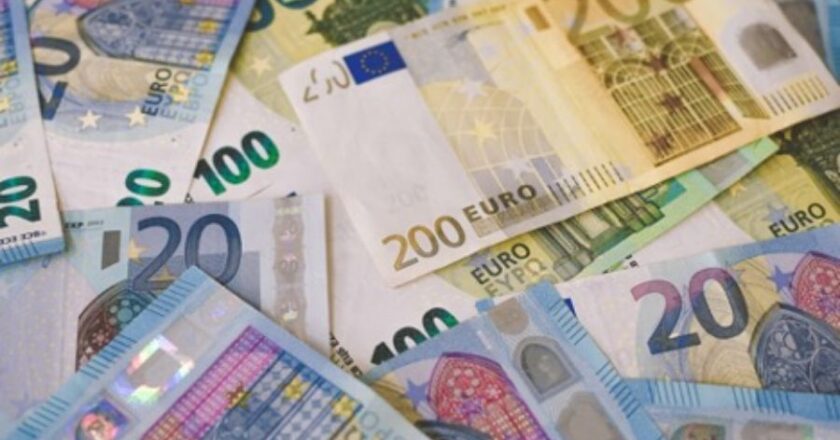The European Chemical Society was represented by Secretary General Nineta Hrastelj and Executive Board Member Ioannis Katsoyiannis at the 3rd meeting of the Zero Pollution Stakeholder Platform, held in Brussels on 11 October, at the European Commission. The platform, set up jointly by the Commission and the Committee of the Regions, aims to promote the Commission’s zero pollution agenda, and to allow stakeholders to influence its key policy aspects. The key topics of the 3rd meeting – co-chaired by Veronica Manfredi, Director of DG Environment, Markku Markkula, Member of the Committee of the Regions and Patrick Child, Deputy Director-General of DG Environment – were, urban and regional zero pollution actions, promoting the Zero Pollution Performance Scoreboard and phasing out pollution from pharmaceuticals in cities and regions.
EuChemS was invited to be a part of the platform, consisting of stakeholders from academia, industry, health, agriculture and many more, in March 2022, and also participated in the 2nd meeting on 25 April.
During the most recent meeting, Ioannis Katsoyiannis contributed on behalf of EuChemS, with regards to the topic of regulation of pharmaceuticals in waters and wastewaters of Europe. He highlighted the importance of the metabolites of the organic pollutants existing in waters. In addition, he emphasized the capacity and willingness of EuChemS’ network of European chemists to contribute to the discussion and solutions on the topic.
You can learn more about the platform – which is one of EuchemS’s many policy advisory activities – here, and watch the recording of the 11 October meeting here.

